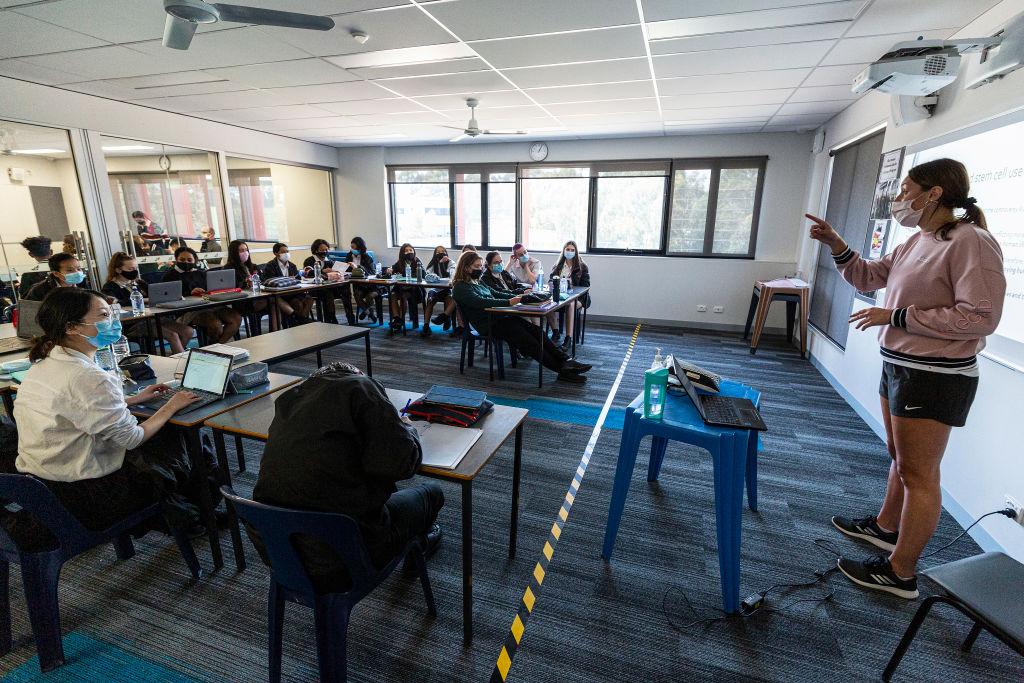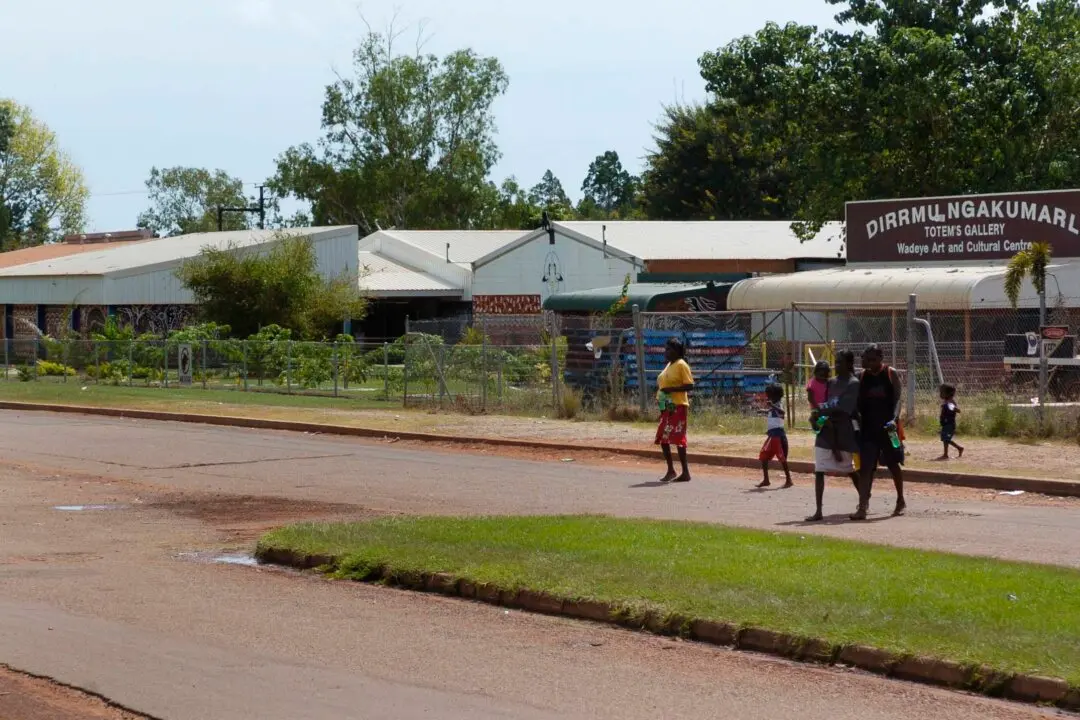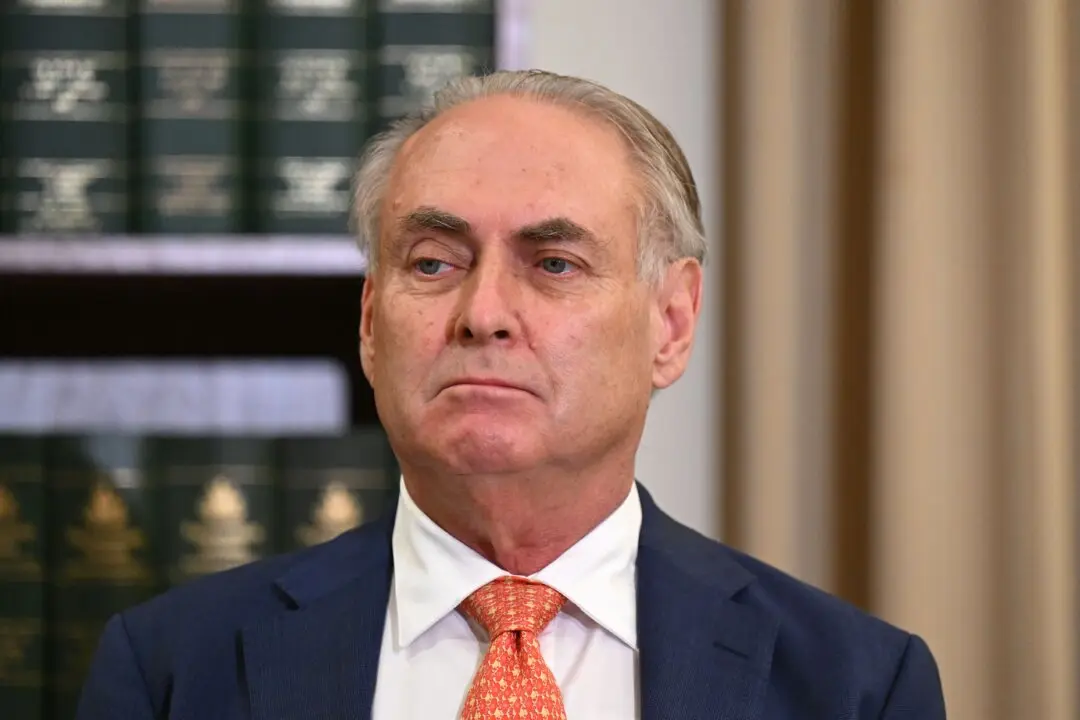An alarming number of school principals were threatened with violence or were victims of physical violence in the past year.
A survey of school principals across Australia has revealed that 83 in 100 principals were subjected to offensive behaviour toward them, ranging from gossip to violence and bullying.





